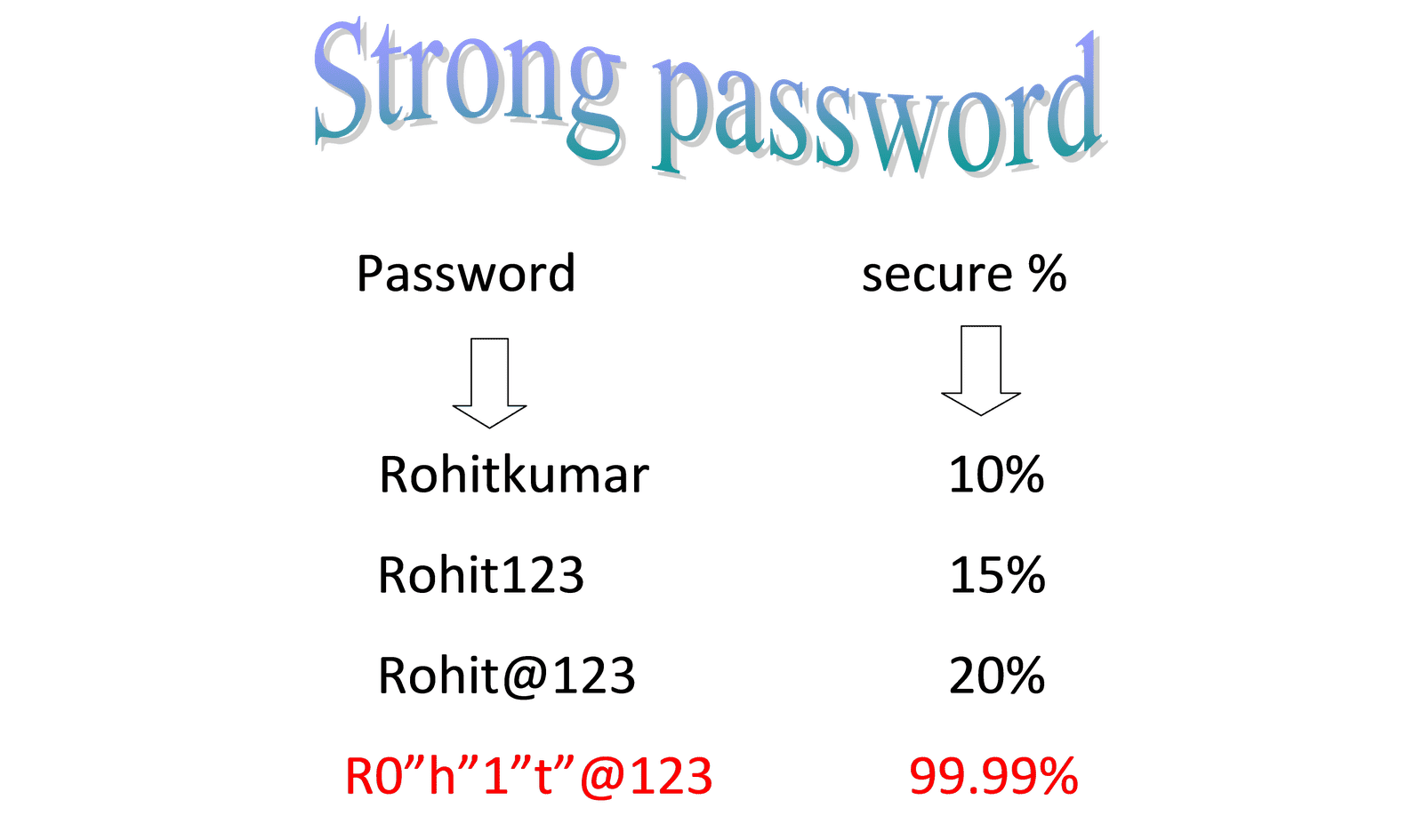

- #Strong password generator cracked
- #Strong password generator 64 Bit
- #Strong password generator generator
- #Strong password generator 64 bits
- #Strong password generator plus
For maximum security, utilize only tools where password generation is done on your local device. Generating randomness and that's why a dedicated application like ours becomes crucial: it guarantees the right level of entropy for your passwords.Īvoid anything that works server-side. While mixing character types helps increasing the level of security, it's of utmost importance that your passwords are actually RANDOM.
#Strong password generator generator
Generator lets you specify a list of custom special characters. Since different systems have different password requirements, our Random Password Using your birthdate or your puppy's name.Ĭhoose the right combination of upper and lower case letters, numbers and symbols.
#Strong password generator cracked
It is strongly discouraged to utilize dictionary words or letter/number sequences ("abcde", "6789") since these can be cracked in a matter of seconds. While a length of 8-10 characters was commonly accepted until a few years ago, today using passwords shorter than 16

Return rs.sort(() => Math.random() > Math.random()).This is certainly the first factor of complexity. Password=password.split('').sort(function(), () => chars), Hold = (password.length%2=0)?(hold.toUpperCase()):(hold) Ĭharacter += punctuation.charAt( entit圓 ) Var string = "abcdefghijklmnopqrstuvwxyz" //to upperĮntity1 = Math.ceil(string.length * Math.random()*Math.random()) Įntity2 = Math.ceil(numeric.length * Math.random()*Math.random()) Įntit圓 = Math.ceil(punctuation.length * Math.random()*Math.random()) So if you're still on team IE 11 or use end-of-life node versions, you're stuck with using a polyfill, math.round() or a workaround with other types such as BigUInt32Array.
#Strong password generator 64 Bit
Length is the number of 64 bit words to join. Index % 2 ? curr.toString(36).toUpperCase() : curr.toString(36) Or we could make a fancy generic generator which uses Array.reduce to concatenate multiple random 64 bit words, alternating between uppercasing each stanza: (new BigUint64Array(length)).reduce( We could do this either by just repeating the process twice: let strings = (new BigUint64Array(2)) Ĭonsole.log(strings.toString(36) + strings.toString(36).toUpperCase()) However, to make it more secure we also want it to be longer and with mixed upper and lower cases.

It should give you a truly random string roughly 10-13 characters long.
#Strong password generator 64 bits
Here we are generating 1 word with 64 bits of random data, and cast it to a base36 string (0-9 and a-z). The idea is the same, we're just utilizing window.crypto instead. However, for reference (and everyone else), I'll show a solution based on an actual CSPRNG. Since you only want passwords 8 characters long, I assume you're not interested in this in any case. Though, please be aware that Math.random() was never designed or meant to be cryptographically secure. Though, you could solve this by simply concatenating two strings, and then slice it back down to 8 characters again. If you are running in an old pre-2016 chrome or pre-2017 safari browser, this might mean (in worst case scenario) you get a shorter password than 8 characters. However, please be aware that different browsers and javascript implementations used to give different bit depth results for Math.random().
#Strong password generator plus
The idea is to cast a random number (in the range 0.1) to a base36 string (lowercase a-z plus 0-9), and then fetch the first 8 characters after the leading zero and decimal point. Real Quick-n-dirty™ Math.random().toString(36).slice(2, 10)


 0 kommentar(er)
0 kommentar(er)
